Navigating the vast landscape of academia can be a daunting task. Whether you’re a seasoned student or just stepping into the world of education, there’s always room to optimize your learning experience. This article will provide you with a treasure trove of school tips that can help you ace your journey..
School Tips
In academia’s dynamic landscape, learners can utilize several school tips to maximize classroom learning, which, in summary, involve active participation and efficient note-taking.
Fostering Active Participation
Active participation holds transformational power in learning. It’s not just about listening and nodding; learners get involved by asking thought-provoking questions and making constructive contributions to discussions. For instance, when the class is learning about the history of art, students increase their knowledge absorption by discussing distinct art periods, giving their views, and reflecting on other’s opinions.
Effective Note Taking Techniques

Note-taking techniques are essential for processing and remembering classroom information. Students can adopt the Cornell note-taking system, entailing dividing their paper into three sections: notes, keywords, and summary.
For instance, in a lecture on quantum physics, they’ll jot down in the ‘Notes’ section key details provided by the lecturer, ‘Keywords’ section can contain quantum entanglement or superposition, and the ‘Summary’ segment summarizes the lecture’s essence.
Beyond the Classroom: Homework and Study Tips
Transitioning from classroom learning to home studies often requires synchronization. This section unravels strategic school tips of achieving significant academic enhancements outside the classroom, focusing on creating conducive study environments and managing time effectively.
Creating a Conducive Study Environment
Creating an ideal study environment necessitates identifying individual preferences. Some students, for instance, thrive in serene spaces with minimal disruptions, whereas others function optimally amidst slight background noise, like soft music. The key components entail an organized workspace, comfortable seating, good lighting, and minimal distractions. Consider noise-canceling headphones or white noise machines, particularly for noisy environments. Thus, a conducive ambiance cultivates an atmosphere conducive to focus and productivity.
Effective Time Management Strategies

Effective time management confers mastery over one’s schedule, fostering productivity. Use practical strategies such as the Pomodoro technique that balances study breaks and working periods. Alternatively, time blocking, a method that allocates specific periods for particular tasks, aids in structuring the day. These strategies optimize study time, reduce procrastination, and maximize focus and retention. Digital tools, including timers and planning apps, serve as helpful aids in implementing these strategies. It’s critical to remember that flexibility is paramount in making necessary adjustments to the strategies and tools used.
Balancing School Work and Personal Time
An impeccable interplay between academic pursuits and personal time underscores a balanced school life.
Creating a Healthy School-Life Balance
A healthy school-life balance hinges on deft time management, allowing for both scholastic endeavors and leisure activities. It’s paramount for students to set attainable academic goals yet allot time for hobbies and socialization. For instance, a well-structured weekly schedule could include study blocks complemented by free periods for outdoor activities like cycling or painting class. It’s suggestive that a balanced school-life dynamic contributes to overall academic success.
Maintaining Mental and Physical Wellness

Safeguarding mental and physical wellness often prove instrumental in handling school-related stress. Physical exercise ranks key, with research indicating a direct correlation between physical activities and heightened brain function. Yoga, for example, offers a dual benefit fostering both physical strength and mental calmness. Nutrition too plays a critical role, with meals rich in omega-3 fatty acids, such as salmon and flaxseeds, known to boost brain power. Emphasizing wellness within the academic framework can bolster both productivity and personal enrichment.
Navigating the Vast Landscape of Academia
So, you’ve got the inside scoop on how to elevate your school experience. It’s clear that active participation and the Cornell note-taking system can transform your classroom learning. Outside the classroom, a tailored study environment and effective study habits are key. Remember, it’s not just about hitting the books – balancing schoolwork with personal time is crucial for a healthy school-life balance. With these school tips in hand, you’re well on your way to enhancing your academic performance. Here’s to your success!

